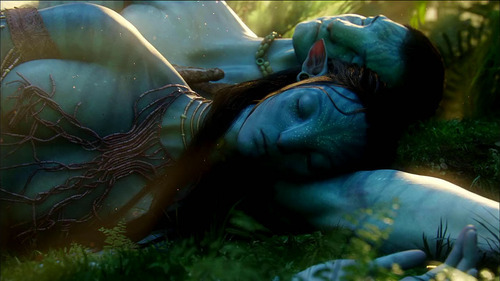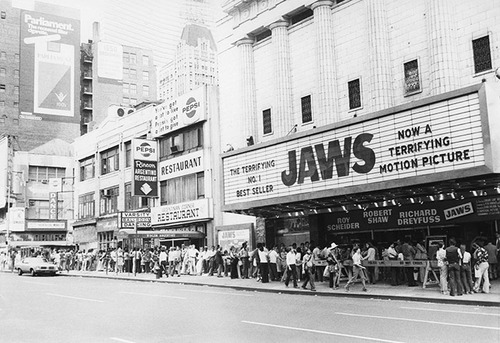How Do We Define A “Great” Film?
One of the biggest issues that much of the casual film audience – even the scholars and critics – have with the moving picture art form, is defining what is (or is not) a ‘great’ movie. The general consensus would tell you that a picture that combines its artists and parts the most successfully would generally be classed as a ‘great’ film. 2001: A Space Odyssey, for example, is a picture widely accepted as an all-time great courtesy of the successful collaboration of acting, special effects, wardrobe, cinematography, dialogue, plot development, so on and so forth under the tutelage of the now legendary Stanley Kubrick. But, show this picture to a cinema-goer from after the 1960s and the vast majority of them would class something else as their ‘favourite’ sci-fi film, with the more financially successful Star Wars franchise likely being the dominating picture of any such poll. This raises two very important questions in the search for what we can class as ‘great’:
- Is great merely the existence of a picture that delivers something that is used as a base for so much else that follows it and in many ways defines, or even helps to create, the genre?
- Could ‘great’ be defined by the popularity of a picture? If not, would it have any relevance at all?
2001: A Space Odyssey is a good place to start with regard to answering the first question as 2001 was, for all intents and purposes, a genre defining piece of which a lot of good (and bad) sci–fi’s have looked to replicate in any number of ways since. But, could the same be said of The Birth of a Nation (1915), which basically gave birth to the Western genre, despite its horrifically racist and xenophobic stance? I think not, mostly because of how the picture is now so out of touch with current day society that it’s almost incomprehensible to even experience, nevermind admire or term as ‘great’. But the fact remains that it’s ‘hugely influential’ and ‘genre defining’, all but dismissing the first question of the definition of ‘great’, and inviting us to the second…

Avatar (2009) is the highest grossing stand-alone film of all time. So, in effect, more people went to see Avatar at a cinema than any other movie ever made. Surely, through popular consensus alone, this must be the greatest picture of all time? I mean, when the President is elected in a democratic country, it’s to be understood that it’s because that person is the best for the job, right? Cinema goers, for lack of a better term, ‘voted in’ Avatar as the greatest ever movie, and certainly the greatest ever Sci-Fi, didn’t they? Wrong again.

James Cameron’s ‘other world epic’ could’ve been the best movie ever, but the fact remains that the major reason it became the most watched picture in history is because of the immense advertising budget and ‘hype-bowl’ surrounding the movie. In fact, there was so much hype regarding this film that even the mixed reviews couldn’t dampen the pictures’ mass appeal. Furthermore, Avatar was little more than a copy of a copy, of a copy; totally unoriginal in everything but aesthetics and widely accepted as far from the ‘perfect combination’ of any of the trends, tones, or techniques that were set in place by other sci–fi’s that came before it.
So, what makes an enjoyable picture ‘great’ if not any of the above? It’s simple… You do.

Cinema, like all art forms, is there to be interpreted. You could have had the worst day of your life before going to see Forrest Gump. Two hours of crying, laughing, and cheering later and you could swear it was the best film you’ve ever seen. That’s what’s important… You. Your life, circumstances, thoughts and feelings. Nothing, and no-one, else. For me, personally, it was watching Into the Wild while feeling trapped by the pressures of education, family responsibility, and my social climate. The escape illustrated by the film’s collaborators was of such a relief to me that I connected deeply to its central character and his journey, ultimately falling in love with every part of the moving picture. It won zero Academy Awards despite a relatively good critical reception, and it made barely any money. But, that was my experience at the time I needed it. That was 6 years ago and I’m still holding on for the next time a movie comes along and hits me right where I need to be hit, at exactly the right time.
Cinema is subjective. Art is subjective. You can place your vote on what you feel is the best picture ever, and you can admire films many different ways, but you are ultimately drawn to what you are drawn to because of how it connects with you mentally or spiritually during your watching of it.

